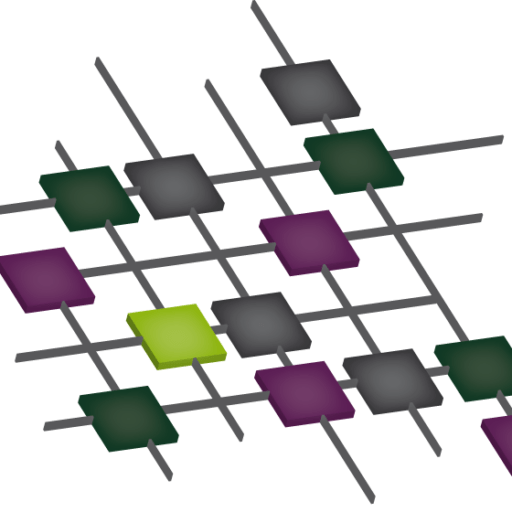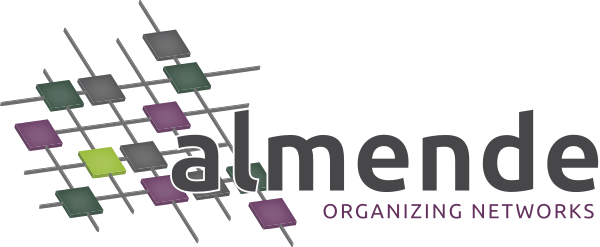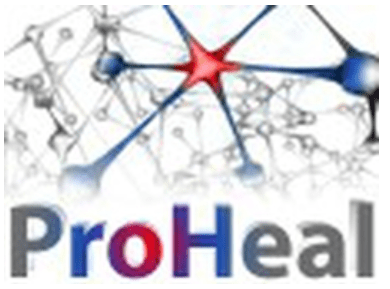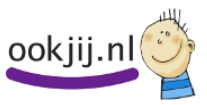Zora

Zorgwinkel Assistent
Duration: 01/2009 – 01/2010 Funding: CCF2
Partners: Stichting Humanitas, Zadkine
ZORA
Zorgwinkel (care shop) Humanitas-Bergweg was founded in 2008 to connect health care students from Zadkine to organizations and people in the neighborhood who could use their help. Students can do a 60-day internship, in which they perform tasks such as household chores, helping people to bathe, or simply offering companionship.
The ASK communication system, which Almende developed and currently commercializes through daughter company ASK Community Systems, is perfect for facilitating and improving this kind of initiative. The Zora project proposes to adapt ASK to the specific needs of the Zorgwinkel. Through the introduction of this smart communication system, the Zorgwinkel hopes to be able to offer quality care for more clients and to admit more interns, with the same number of professional coaches.
Contribution
For the Zora project, Almende tailored the ASK communication system to the needs of the Zorgwinkel. The system was already well suited for arranging tasks and communicating with both interns and clients. Feedback options were added, so it could also be used for evaluation purposes. The interns and the clients are called by Zora and are asked to rate the interaction on a scale of one to ten. This information can be used for setting up more effective appointments in the future, and for grading the intern's efforts. A graphic interface was developed, so Zorgwinkel employees and Zadkine internship coaches could easily operate the system. The same system can also be used for grading the intern's capabilities, so it offers a complete overview of their progress.
Results
A positive outcome of the two-month test phase in the spring of 2010, was the rise in attendance. Zadkine's previous records revealed that one in five tasks were not carried out, as the interns did not show up. During the test phase, interns received warning calls and text messages to remind them when and where to work. Also, they could inform the system that they would not be able to keep an appointment, allowing Zora to find a replacement, or at the least warn the client in advance. During the test phase, the rate of no-shows dropped to 12%.
More info?
Need specific information regarding the project? Please contact our senior consultant for more information.





